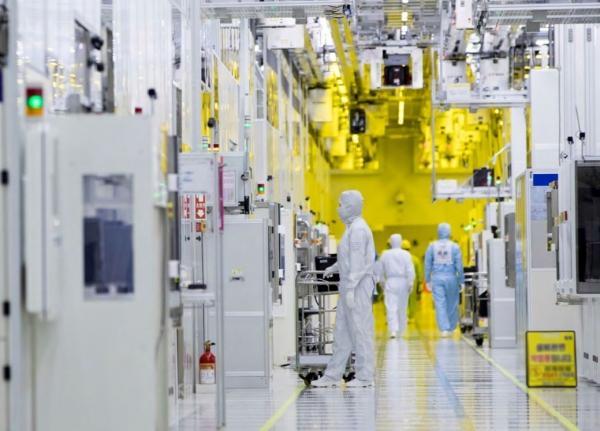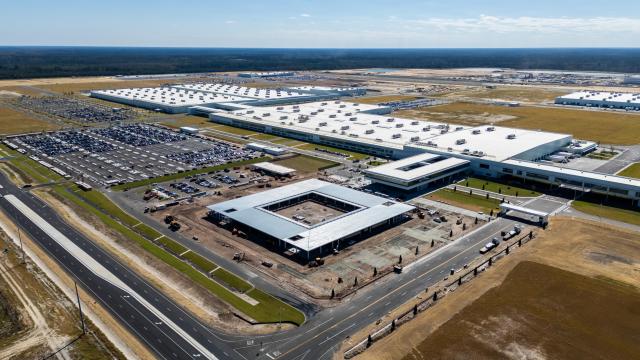
The prediction comes as U.S. President Donald Trump announced plans to impose a 25 percent tariff on steel and aluminum imports while signaling the possibility of additional reciprocal tariffs, escalating global trade tensions.
The warning raises concerns for South Korean firms, which have seen their North American revenues surge nearly 20 percent last year, reflecting a deepening reliance on the U.S. market. But looming tariff policies under the Trump administration are adding pressure to their outlook.
According to corporate analysis firm Leaders Index, major South Korean corporations generated 313.5 trillion won (about $215.5 billion) in North American sales during the first three quarters of 2024, a robust 19.5 percent increase from the previous year’s 262.3 trillion won.
The region’s share of total revenue climbed to 28.1 percent from 25.2 percent, underscoring the growing significance of the U.S. market for Korean businesses.
The information technology and electronics sector posted the strongest gains, with 12 companies in the industry recording a combined 114.3 trillion won in North American sales — an increase of 42.7 percent from the previous year.
SK hynix led the charge, nearly tripling its U.S. revenue to 27.3 trillion won, buoyed by its dominance in high-bandwidth memory chips for artificial intelligence applications.
Samsung Electronics, another major player, saw a 24 percent jump in its American sales, reaching 84.7 trillion won.
Meanwhile, South Korea’s automakers also recorded solid gains, with Hyundai Motor and Kia Corp. reporting increases of 17 percent and 12 percent, respectively, in the North American market.
In response to the tariff risks, companies with U.S.-based manufacturing facilities, such as Samsung Electronics and Hyundai Motor, may need to ramp up domestic production to mitigate potential tariff-related disruptions, according to Leaders Index.
Copyright ⓒ Aju Press All rights reserved.





View more comments